The Royal Philharmonic Orchestra Free Download
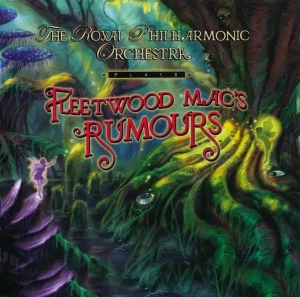
Info
One of the most celebrated albums in all of pop music, Fleetwood Mac's multi-platinum Rumours, gets a luscious, symphonic treatment on this very special release!Arranged and recorded by the world famous Royal Philharmonic at London's own Abbey Road Studio with special guest appearance by Peter Frampton!Experience this album like you never have before!
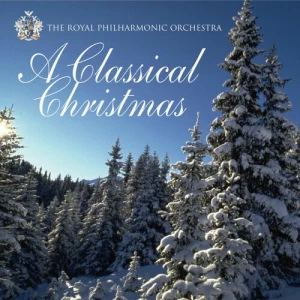
Info
The Royal Philharmonic Orchestra is a British symphony orchestra based in London, that performs and produces primarily classic works. The RPO was established by Thomas Beecham in 1946.
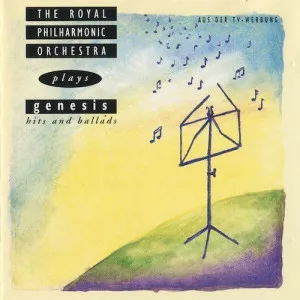
Info
The Royal Philharmonic Orchestra (RPO), based in London, was formed by Sir Thomas Beecham in 1946. In its early days, the orchestra secured profitable recording contracts and important engagements including the Glyndebourne Festival Opera and the concerts of the Royal Philharmonic Society. After Beecham's death in 1961 the orchestra's fortunes declined steeply; it battled for survival until the mid-1960s, when its future was secured after an Arts Council report recommended that it should receive public subsidy; a further crisis arose in the same era when it seemed that the orchestra's right to call itself Royal could be withdrawn.
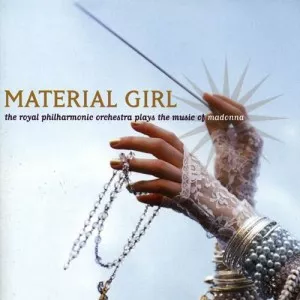
Info
The Royal Philharmonic Orchestra (RPO), based in London, was formed by Sir Thomas Beecham in 1946. In its early days, the orchestra secured profitable recording contracts and important engagements including the Glyndebourne Festival Opera and the concerts of the Royal Philharmonic Society. After Beecham's death in 1961 the orchestra's fortunes declined steeply; it battled for survival until the mid-1960s, when its future was secured after an Arts Council report recommended that it should receive public subsidy; a further crisis arose in the same era when it seemed that the orchestra's right to call itself Royal could be withdrawn.
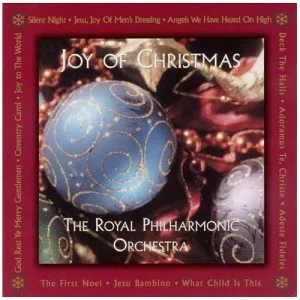
Info
The Royal Philharmonic Orchestra (RPO), based in London, was formed by Sir Thomas Beecham in 1946. In its early days, the orchestra secured profitable recording contracts and important engagements including the Glyndebourne Festival Opera and the concerts of the Royal Philharmonic Society. After Beecham's death in 1961 the orchestra's fortunes declined steeply; it battled for survival until the mid-1960s, when its future was secured after an Arts Council report recommended that it should receive public subsidy; a further crisis arose in the same era when it seemed that the orchestra's right to call itself Royal could be withdrawn.

Info
The Royal Philharmonic Orchestra (RPO), based in London, was formed by Sir Thomas Beecham in 1946. In its early days, the orchestra secured profitable recording contracts and important engagements including the Glyndebourne Festival Opera and the concerts of the Royal Philharmonic Society. After Beecham's death in 1961 the orchestra's fortunes declined steeply; it battled for survival until the mid-1960s, when its future was secured after an Arts Council report recommended that it should receive public subsidy; a further crisis arose in the same era when it seemed that the orchestra's right to call itself Royal could be withdrawn.
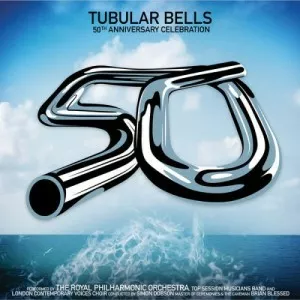
Info
The Royal Philharmonic Orchestra (RPO), based in London, was formed by Sir Thomas Beecham in 1946. In its early days, the orchestra secured profitable recording contracts and important engagements including the Glyndebourne Festival Opera and the concerts of the Royal Philharmonic Society. After Beecham's death in 1961 the orchestra's fortunes declined steeply; it battled for survival until the mid-1960s, when its future was secured after an Arts Council report recommended that it should receive public subsidy; a further crisis arose in the same era when it seemed that the orchestra's right to call itself Royal could be withdrawn.
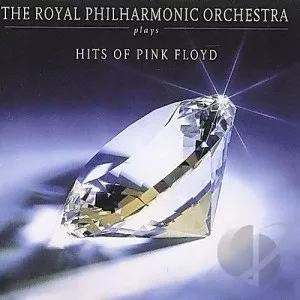
Info
The Royal Philharmonic Orchestra (RPO), based in London, was formed by Sir Thomas Beecham in 1946. In its early days, the orchestra secured profitable recording contracts and important engagements including the Glyndebourne Festival Opera and the concerts of the Royal Philharmonic Society. After Beecham's death in 1961 the orchestra's fortunes declined steeply; it battled for survival until the mid-1960s, when its future was secured after an Arts Council report recommended that it should receive public subsidy; a further crisis arose in the same era when it seemed that the orchestra's right to call itself Royal could be withdrawn.
- « Previous
- Next »